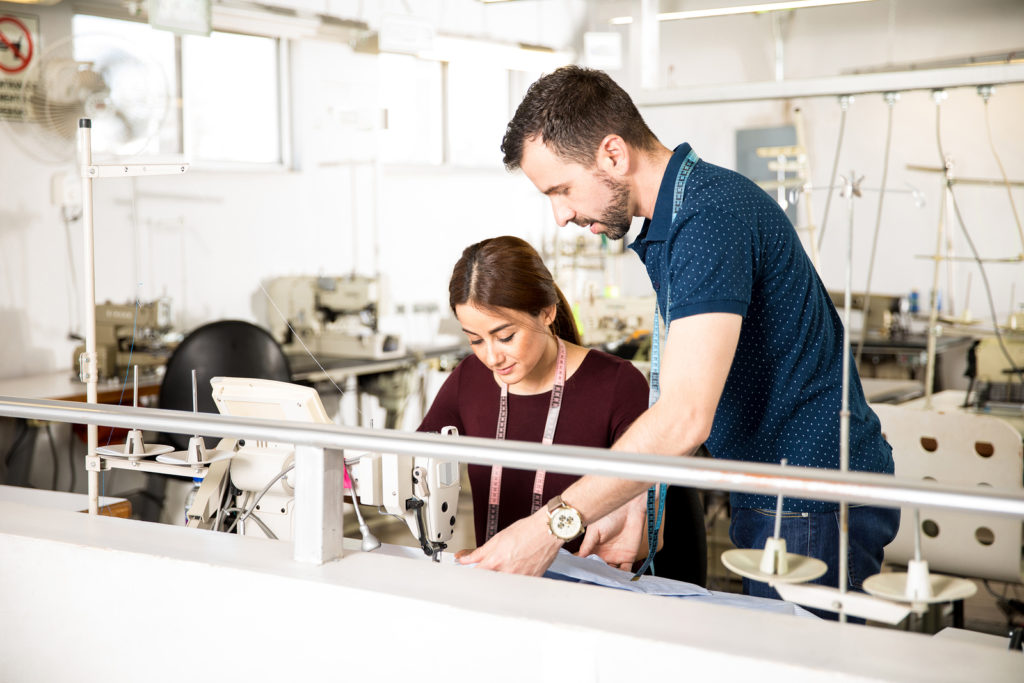Considering the manufacturing skills gap, it can be difficult to find the right hires who have the necessary skills and are good culture fits for your plant. Then add training time to the resources you spend on each new hire. From creating job postings for open positions to reviewing submitted resumes and interviewing applicants to filing their paperwork, adding professionals to your team can be an expensive endeavor. Once you’ve gone through all this, how can you keep these industry insiders from leaving your plant — and avoid having to start the process over?
Retention is key
After hiring the best, you don’t want to lose them. Taking steps toward employee retention can help manufacturing leaders lessen such impacts. When employees understand their importance and feel valued, they’re less likely to search for outside opportunities.
 Savvy manufacturing experts know retention goes far beyond keeping employees happy day to day. Offering competitive wages and perks such as employee benefits is a great start, but creating a positive culture also plays a large role. Engage employees by recognizing the work they do and rewarding them with praise, awards, or other incentives for going above and beyond. This also helps employees get excited about new opportunities for growth within the company, but it’s important manufacturing leaders clearly paint how each employee fits into the bigger picture and how he or she contributes to the future of the company.
Savvy manufacturing experts know retention goes far beyond keeping employees happy day to day. Offering competitive wages and perks such as employee benefits is a great start, but creating a positive culture also plays a large role. Engage employees by recognizing the work they do and rewarding them with praise, awards, or other incentives for going above and beyond. This also helps employees get excited about new opportunities for growth within the company, but it’s important manufacturing leaders clearly paint how each employee fits into the bigger picture and how he or she contributes to the future of the company.
Do you have younger employees with a wealth of knowledge who haven’t yet applied their expertise in certain areas of your plant? A peer mentoring program can allow these individuals to try new things and gain knowledge from those who have enjoyed extended careers at your plant. Plus, the knowledge transfer among more and less experienced employees allows for team building and bonding on the plant floor. The added bonus: Tenured employees who haven’t had as much experience in up-and-coming technologies can also benefit from working with those who are tech-savvy.
Events, too, can be great ways for professionals to network within the plant and can include anything from a group lunch in the break room to an after-work soiree or family event on a weekend. Opportunities to relax outside the workplace can foster communication, and managers can continue open communication on the plant floor to understand what employees want and need.

Train to develop employees’ talents
In an ever-changing industry like manufacturing, employers and employees alike can’t rest on their laurels when it comes to education. They must self-educate or learn about new technologies through workplace training. With incentives like in-house education, employees can further develop their specialties and expertise in new tech — which can keep your plant at the forefront of the industry and assist in recruiting. As they continue to learn, they become even better assets to your company. Plus, this type of support can strengthen their relationships with your leadership team members as well as their loyalty to the company and your brand.
When employees are happy, they can make end-users happy as having a full manufacturing staff reduces lead and delivery time while increasing quality. And when manufacturing leaders aren’t investing in finding new hires when timing is critical, they can instead capitalize in current employee retention and education, building the future of the plant and the industry.
